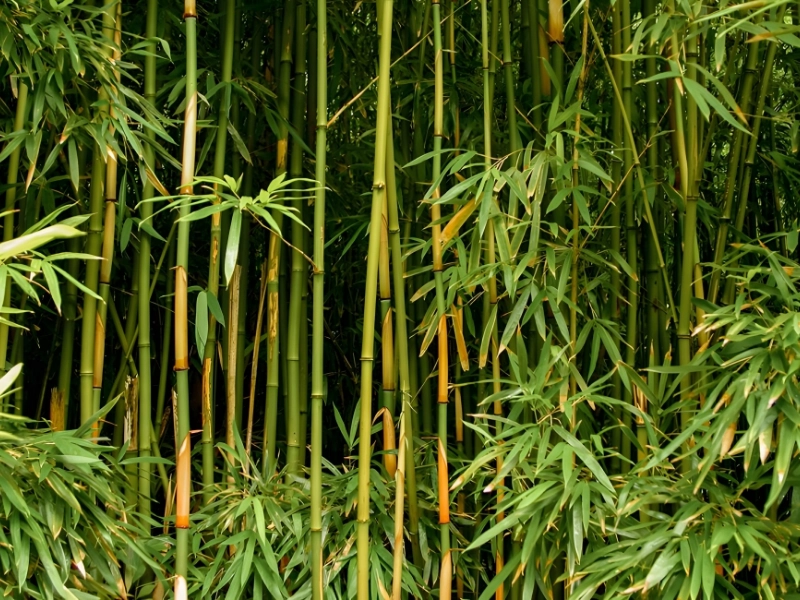
Considerations for Planting Bamboo Supplies Required: Nothing
Making Cost: N/A
Overview:
While bamboo is an attractive and environmentally friendly plant, it requires careful consideration before planting. Its rapid growth and resilience can lead to challenges in residential settings.
Advantages of Bamboo: Aesthetic Appeal:
Bamboo adds a unique beauty to gardens and landscapes, providing a tropical feel.
Sustainability:
As a renewable resource, bamboo is eco-friendly and can be used for various purposes, from construction to crafts.
Potential Issues with Bamboo: Invasive Growth:
Bamboo can spread rapidly, often encroaching on neighboring properties. This invasive nature can lead to conflicts with neighbors and local ecosystems. Impact on Biodiversity:
If bamboo escapes from your property, it can disrupt local biodiversity by outcompeting native plants, affecting the local flora and fauna. Difficulty in Removal:
Eliminating bamboo can be a long and challenging process, often taking months or even years. This may require the use of strong herbicides, which can have negative environmental effects. Recommendations: Consider Container Growth:
If you appreciate the look of bamboo, consider growing it in a small indoor container. This approach limits its spread and allows you to enjoy its beauty without the associated risks.
Research Before Planting:
If you still wish to plant bamboo outdoors, thoroughly research the specific species and its growth habits. Some varieties are less invasive than others.
Conclusion: Bamboo can be a stunning addition to your garden, but it comes with significant responsibilities. Weigh the pros and cons carefully and consider alternative growing methods to ensure that your gardening experience remains enjoyable and sustainable.